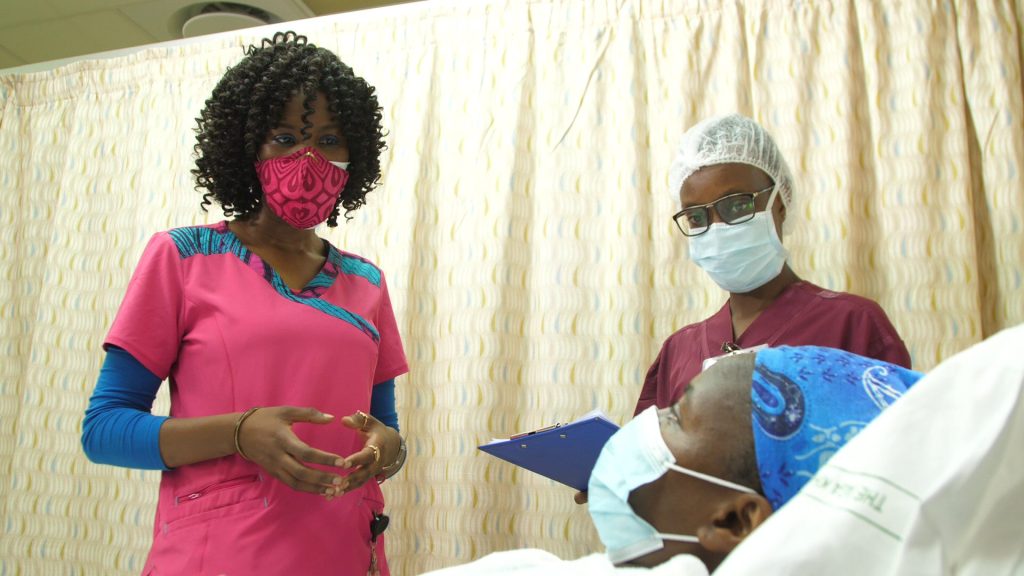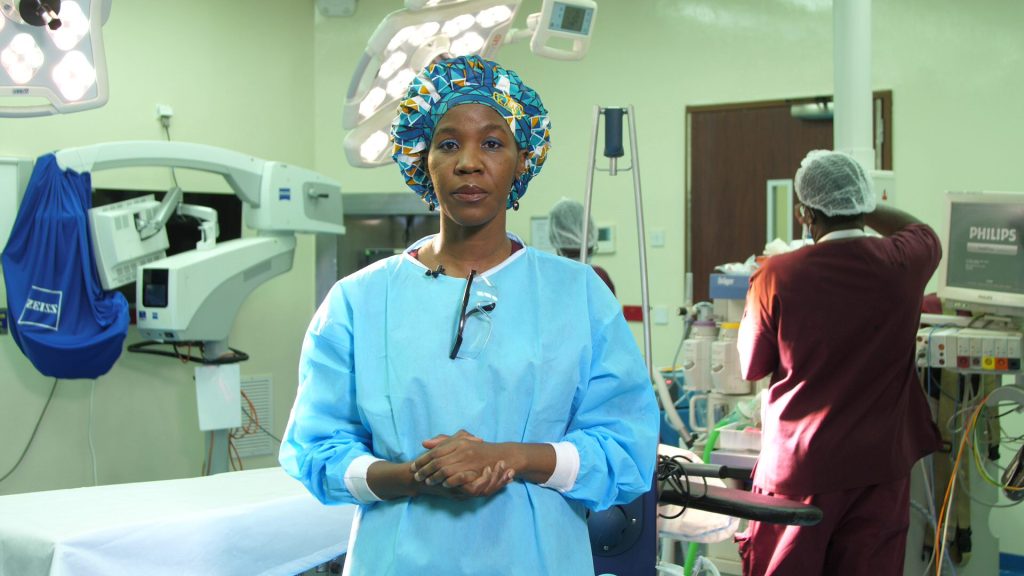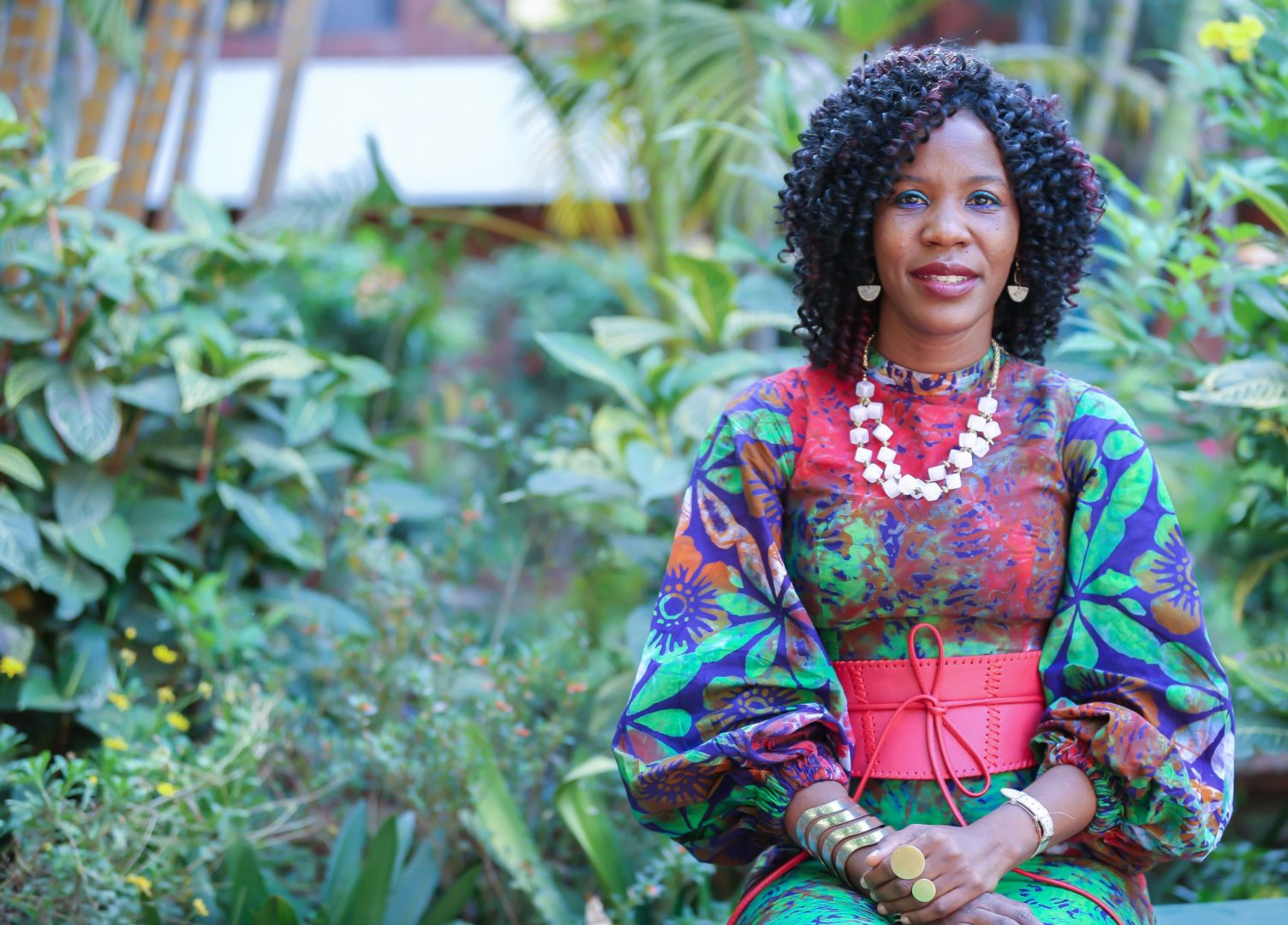The field of science, technology, engineering, and math (STEM) has always been heavily dominated by men, starting from institutions of higher learning to the workforce.
In the past women were encouraged to pursue less challenging careers in order to have time to take care of their domestic duties. This fact is evidenced by research done by the American Association of University Women, which explains that women make up only 28% of the workforce in STEM and men vastly outnumber women majoring in most STEM fields in college. The gender gaps are particularly high in some of the fastest-growing and highest paid jobs of the future, like computer science and engineering.
With this data, it is clear that girls and women are systematically tracked away from science and math throughout their education, limiting their access, preparation, and opportunities to go into these fields as adults.
In spite of the odds, there are women rising against the stereotype and thriving in STEM, proving that women and girls too can be successful.
Dr. Miriam Mutebi, the first female breast cancer surgeon in Kenya, describes herself as a breast cancer surgeon by day and a clinical epidemiology in health systems researcher by night. She is part of the multidisciplinary team that manages patients with breast cancer and other non-cancerous conditions of the breast, where she is based at Aga Khan Hospital.
For Dr. Mutebi, venturing into the field of science was born out of curiosity. She has always been fascinated by the possibilities that science has to offer and after being exposed to different careers after her high school education, she decided to explore the medical world as this is where she knew she had an opportunity to make an impact.
“Surgery is a result-oriented specialty. When I was in training, I always felt a level of satisfaction when caring for patients from the time they were ill, taking them through surgery, and then they got better. Walking people through their most vulnerable moments and seeing them on the other side gave me huge satisfaction and this started off my career as a breast surgeon,” she says.
Working in the clinics as a general surgeon, Dr. Mutebi continued learning about breast cancer. She was curious to know why breast cancer was believed to be a disease that affects people in their 60s and 70s with no children, yet the patients at her clinic were in their 30s and 40s with multiple children whom they breastfed.
“My experience in the clinic lead me into the research world as I was curious to find out why women were facing challenges when it came to breast cancer. I realized that our traditional cultural background prevents women from getting access to care in a timely manner and also, the need to have someone grant you permission and pay your hospital bill, was and still is a huge challenge for most women,” notes Dr. Mutebi during the interview at her office in Aga Khan University Hospital, Nairobi.

As a researcher, the breast surgeon is heavily involved in the work that seeks to understand the barriers that women in sub-Saharan Africa face to access healthcare when it comes to breast cancer, and what interventions can be put in place to mitigate these barriers.
Her journey has not been a bed of roses. As with any other industry, being a pioneer is usually a challenging experience, but also one that is filled with opportunities. “My journey has come with a lot of responsibility and learning. I have learned to appreciate the fact that people have had to understand how to relate with me as the first female in this space and I have had to appreciate that this is a different experience for people. It is also a combination of realizing our unconscious biases, learning that any misunderstanding is not personal and that our mindsets have to shift,” she said.
Dr. Mutebi explained that surgery is a tough career to pursue for anyone in spite of their gender. She, however, emphasizes that is more difficult for women, especially those who have children and families, as there is the need to manage both worlds.
“To be a successful breast surgeon, one must have a clear understanding of what they want to achieve and know the steps they need to take in their journey. Having mentors to help and guide is also important. Your path will be different as no one has walked in your shoes before, but there are other people out there who have walked the path, which can be very helpful,” she says.

As a core member of the Pan African Women of Surgeons, Dr. Mutebi and her counterparts have provided a platform to mentor and support other female surgeons as they navigate through their careers, since they understand the challenges and difficulties, in turn enabling them to become successful.
“Studies show that 9 out of 10 patients do not have good surgical procedures. There is also research that states that 143 million additional surgeries are needed to prevent death and disabilities. To add to this, there is a low enrollment of female surgeons across the world. We might have a 70% female workforce in the field across sub-Sahara Africa, but unfortunately, these numbers do not reflect positively on senior management and policymakers where the women would actually make a difference,” she explains.
According to Dr Mutebi, to address these challenges, which will hopefully see more women in STEM, she recommends equipping girls with leadership skills and encouraging them to make decisions from an early age. She also encourages women who are already in STEM to continue showing up, demonstrate passion and drive, and be willing to go the extra mile. Good work ethics is needed among the women, she adds.
Speaking on gender-specific challenges that women face, Dr. Mutebi says that being underestimated is not necessarily a bad thing. It actually acts as an impetus to make one try and do better. She further encourages working together to shift the narrative and create a supportive environment and give opportunities to both genders to progress in STEM.
“Women are needed in STEM. We have an example, Dr. Veronica Okello, a lecturer at the Department of Physical Sciences in Machakos University, whose research on how to reduce metals in water has been recognized. We all have a role to play to overcome social and cultural barriers that limit our progress in STEM,” she says and adds:
“Increased representation, encouraging girls from primary school, and creating an enabling environment is the solution to our challenges.”
In conclusion, Dr Mutebi says: “In the words of Maya Angelou, do your best. When you know better, do better.”

 Dr. Miriam Mutebi, the first female breast cancer surgeon in Kenya.
Dr. Miriam Mutebi, the first female breast cancer surgeon in Kenya.









